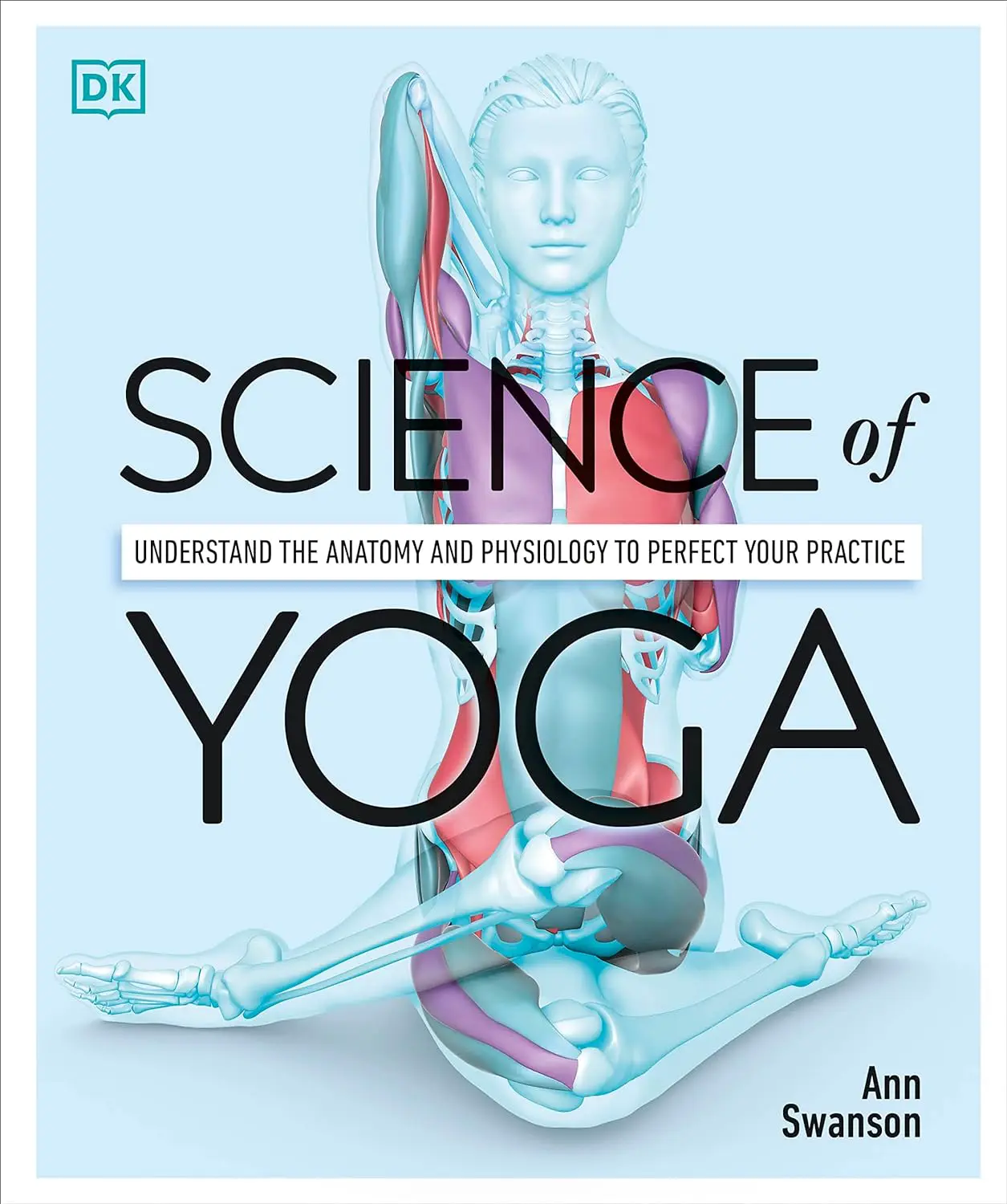Philosophy of Hatha Yoga: Finding Balance

Looking for more amazing products? Check out our online store and explore our collection here! Happy shopping!
Before diving in, please note: This post is for informational purposes only. If you’d like to know more about how we approach topics, feel free to check out our friendly Disclaimer Page.
Hey there, amazing readers! 
We’re committed to delivering quality posts, and your support (even just sticking around despite the ads) means everything to us. So, bear with us, and thanks for helping us keep the good vibes rolling. Now, on to the fun stuff!
TRANSLATE BUTTON AT THE END OF THE ARTICLE
A Quick Overview: Introduction to Hatha Yoga Philosophy
Hatha Yoga is a branch of yoga that focuses on the physical aspects of the practice, including postures (asanas), breath control (pranayama), and meditation.
The philosophy of Hatha Yoga is rooted in finding balance in all aspects of life, both physically and mentally.
The word "Hatha" itself is a combination of two Sanskrit words, "ha" meaning sun and "tha" meaning moon, symbolizing the balance between opposing forces.
Through a dedicated practice of Hatha Yoga, individuals can achieve harmony between mind, body, and spirit.
Understanding the Concept of Balance
Balance in Hatha Yoga refers to finding equilibrium between different aspects of the practice, such as strength and flexibility, effort and ease, and stability and mobility.
It is about cultivating harmony in both the physical and mental realms, allowing practitioners to move through life with grace and ease.
Balancing the body through asanas helps to improve posture, increase strength, and enhance flexibility, while balancing the mind through meditation and breath control brings peace, clarity, and focus.
The Eight Limbs of Yoga
In Hatha Yoga philosophy, the practice is often guided by the Eight Limbs of Yoga, as outlined by the sage Patanjali in the Yoga Sutras.
These limbs provide a comprehensive framework for leading a meaningful and purposeful life, encompassing ethical principles, physical postures, breath control, and meditation.
The Eight Limbs include yamas (ethical guidelines), niyamas (self-discipline), asanas (postures), pranayama (breath control), pratyahara (withdrawal of the senses), dharana (concentration), dhyana (meditation), and samadhi (union with the divine).
Balancing the Mind and Body
Hatha Yoga philosophy emphasizes the importance of balancing the mind and body to achieve overall well-being.
By cultivating awareness of the body through physical postures, individuals can release tension, improve circulation, and enhance vitality.
Simultaneously, practicing mindfulness and meditation helps to calm the mind, reduce stress, and increase mental clarity.
When the mind and body are in harmony, individuals experience a sense of peace, contentment, and inner balance.
Importance of Breath Control
Breath control, or pranayama, is a fundamental aspect of Hatha Yoga philosophy.
Conscious breathing techniques help to regulate the flow of prana, or life force energy, throughout the body, promoting physical, mental, and emotional balance.
By focusing on the breath, practitioners can calm the nervous system, improve lung capacity, and enhance concentration.
Breath control also serves as a bridge between the physical and spiritual aspects of the practice, connecting the body and mind in a harmonious way.
Achieving Balance through Asanas
Asanas, or yoga postures, are a key component of Hatha Yoga practice that help to cultivate physical strength, flexibility, and balance.
By moving the body through a series of poses, individuals can develop awareness of their physical limitations and areas of strength.
Balancing poses, in particular, challenge practitioners to find stability, focus, and alignment in both body and mind.
Through consistent practice of asanas, individuals can improve posture, increase body awareness, and enhance overall well-being.
Cultivating Awareness and Focus
Hatha Yoga philosophy encourages practitioners to cultivate awareness and focus in all aspects of their practice.
By paying attention to the present moment, individuals can develop a deep connection with their bodies, minds, and breath.
Through mindfulness practices such as meditation and pranayama, practitioners can enhance their ability to concentrate, remain present, and cultivate inner peace.
By fostering awareness and focus, individuals can navigate life’s challenges with clarity, mindfulness, and resilience.
Benefits of a Balanced Practice
A balanced Hatha Yoga practice offers a wide range of physical, mental, and emotional benefits.
Physically, regular practice can improve flexibility, strength, and balance, while reducing the risk of injury and promoting overall well-being.
Mentally, the practice of Hatha Yoga can help to reduce stress, anxiety, and depression, while enhancing focus, clarity, and emotional stability.
Emotionally, individuals may experience increased feelings of contentment, peace, and inner harmony through a balanced practice.
Overall, a regular Hatha Yoga practice can lead to improved health, vitality, and overall quality of life.
The Role of Meditation in Hatha Yoga
Meditation is an integral part of Hatha Yoga philosophy, serving as a powerful tool for cultivating inner peace, clarity, and spiritual growth.
Through meditation, practitioners can quiet the mind, release mental chatter, and connect with their innermost selves.
By dedicating time to stillness and introspection, individuals can access a sense of calm, insight, and self-awareness.
Meditation also helps to deepen the mind-body connection, fostering a sense of unity, wholeness, and balance within the individual.
Finding Equilibrium in Daily Life
Hatha Yoga philosophy extends beyond the mat and into daily life, encouraging practitioners to integrate the principles of balance, mindfulness, and self-awareness into their everyday routines.
By applying the teachings of Hatha Yoga to daily activities, individuals can navigate life’s challenges with grace, resilience, and equanimity.
Cultivating a sense of balance in relationships, work, and personal endeavors can lead to greater fulfillment, happiness, and overall well-being.
Finding equilibrium in daily life through Hatha Yoga practice allows individuals to live with intention, purpose, and authenticity.
Combining Tradition with Modernity
While Hatha Yoga is rooted in ancient traditions and philosophies, it continues to evolve and adapt to the modern world.
Practitioners have the freedom to explore and integrate new techniques, styles, and approaches to the practice, while honoring the wisdom of the past.
By combining tradition with modernity, individuals can find a unique and personalized approach to Hatha Yoga that resonates with their individual needs, preferences, and goals.
This blending of old and new offers a dynamic and inclusive approach to practicing yoga, allowing individuals to experience the benefits of this ancient practice in a contemporary context.
Conclusion
In conclusion, the philosophy of Hatha Yoga is centered around finding balance in all aspects of life, both on and off the mat.
By cultivating harmony between mind, body, and spirit, individuals can experience a sense of peace, vitality, and well-being.
Through a dedicated practice of Hatha Yoga, incorporating elements such as breath control, meditation, and asanas, individuals can achieve a state of equilibrium that allows them to navigate life’s challenges with grace and ease.
By embracing the principles of Hatha Yoga philosophy, practitioners can cultivate awareness, focus, and inner balance, leading to a more fulfilling and authentic life.

The Enlightenment Journey is a remarkable collection of writings authored by a distinguished group of experts in the fields of spirituality, new age, and esoteric knowledge.
This anthology features a diverse assembly of well-experienced authors who bring their profound insights and credible perspectives to the forefront.
Each contributor possesses a wealth of knowledge and wisdom, making them authorities in their respective domains.
Together, they offer readers a transformative journey into the realms of spiritual growth, self-discovery, and esoteric enlightenment.
The Enlightenment Journey is a testament to the collective expertise of these luminaries, providing readers with a rich tapestry of ideas and information to illuminate their spiritual path.
Our Diverse Expertise
While our primary focus is on spirituality and esotericism, we are equally passionate about exploring a wide range of other topics and niches 

To ensure we provide the most accurate and valuable insights, we collaborate with trusted experts in their respective domains 
Our blog originally focused on spirituality and metaphysics, but we’ve since expanded to cover a wide range of niches. Don’t worry—we continue to publish a lot of articles on spirituality! Frequently visit our blog to explore our diverse content and stay tuned for more insightful reads.
Hey there, amazing reader! 
Check out our store here and take a peek at some of our featured products below! Thanks for being awesome!











